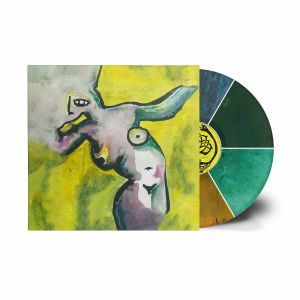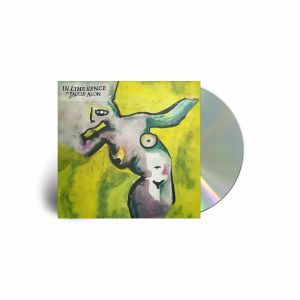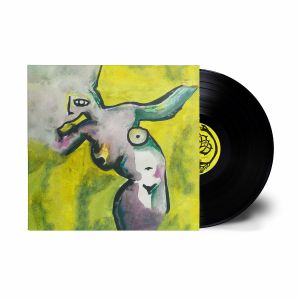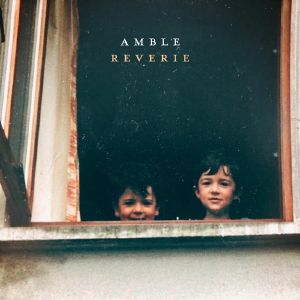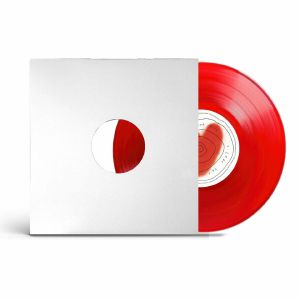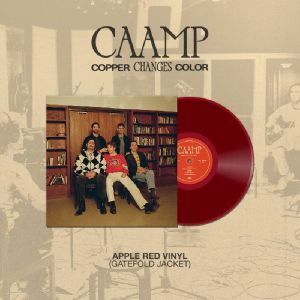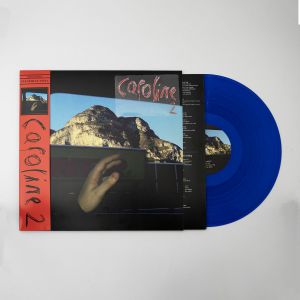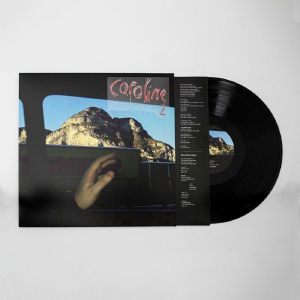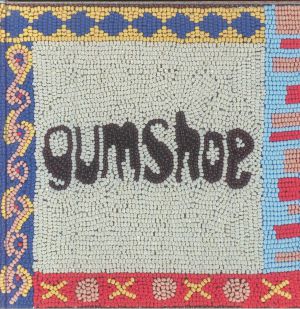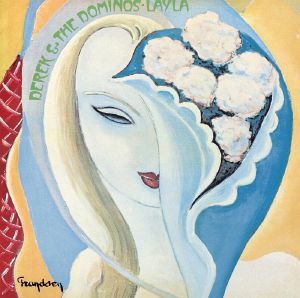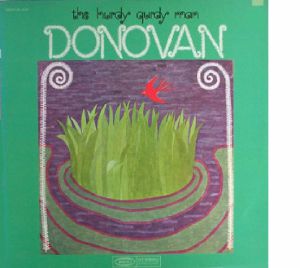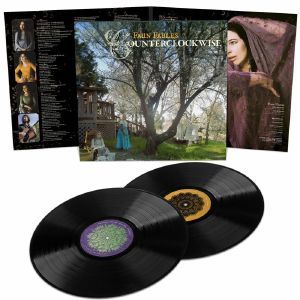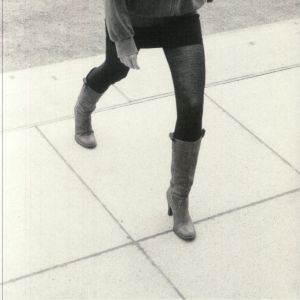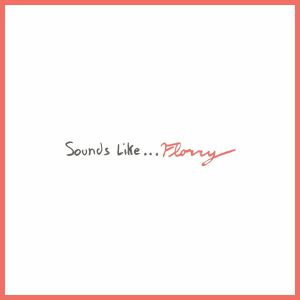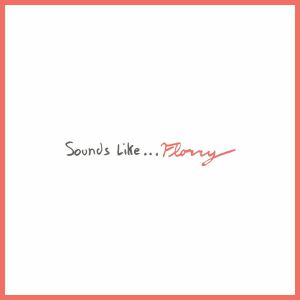New releases last two weeks: Folk/Americana
Folk/Americana vinyl released in the last two weeks in stock $28.59
Review: Dorothy Tennov's tenuous concept of "limerence" has fuelled many an artistic outing and project, most notably in recent times an Yves Tumor star cut from the ineluctable PAN compilation, Mono No Aware. But it's UK rising indie star Jacob Alon's new and debut album, In Limerence - wuthering on the bloodied tips of his last 10" 'To Selene' and forerunning 7" 'Liquid Gold 25'- that perhaps really does the most thoroughgoing justice to the erotomanic, smitten concept of impossible, obsessive love. Bold electric modern folk reimaginings and wambling blears are brought out lovingly by speedy hothouser producer Dan Carey, ensuring Alon's ethereal vocals effuse over evocative storytelling on 'Fairy In A Bottle' and 'Confession'.
… Read more in stock $25.48
in stock $11.89
in stock $25.48
in stock $9.91
in stock $25.48
in stock $44.45
in stock $36.53
in stock $15.29
Atlanta's Burning Down (limited numbered 180 gram audiophile gold vinyl LP + insert)
Cat: MOVLP 3761C. Rel: 05 Jun 25
in stock $35.67
Ants From Up There (Japanese Edition) (CD with obi strip)
Cat: BETE 32152592. Rel: 27 May 25
in stock $28.59
in stock $20.37
in stock $66.25
! low stock $15.29
Her By Design (gatefold LP + booklet)
Cat: 110VN 001. Rel: 29 May 25
in stock $33.96
Copper Changes Color (gatefold apple red vinyl LP + poster)
Cat: LPMP 844C. Rel: 02 Jun 25
! low stock $28.03
Copper Changes Color (gatefold olive green vinyl LP + insert (indie exclusive))
Cat: MMPO 844B1. Rel: 02 Jun 25
in stock $35.67
Copper Changes Color (gatefold 180 gram vinyl LP + insert)
Cat: LPMP 844. Rel: 02 Jun 25
! low stock $36.53
in stock $13.02
Caroline 2 (limited translucent blue vinyl LP with obi-strip)
Cat: RT 0535LPE. Rel: 29 May 25
Review: One of many recent megabands to arise out of London over the past decade, Caroline return with Caroline 2, an assertive followup to their eponymous debut. A scribblier, pocketbook style is heard; where their first album toyed with minimalism and restraint, Caroline 2 leans into extremes, surging across hushed textures, acoustic detail and synthetic blur, perhaps best recalling the recent hyperdigital indie collages of Bon Iver. With a topical and tasteful feature from post-gloss pop singer Caroline Polachek on 'Tell Me I Never Knew That', the record is led up by a eerily ear-sieging hyperpop ballad, doing justice to the shared name, as if to revel in nominative fate: "it always happens, it always will be..."
… Read more! low stock $25.48
in stock $24.07
Greetings From Echo Park (limited transparent blue vinyl LP)
Cat: LPKRS 840C. Rel: 03 Jun 25
in stock $24.64
in stock $14.72
in stock $29.43
I Can Hear The Grass Grow (green vinyl LP limited to 300 copies)
Cat: ELP 088. Rel: 19 May 25
in stock $31.70
Take Me Out To A Bar (limited violet vinyl LP)
Cat: LPKRS 814C. Rel: 22 May 25
Review: Sarah Mary Chadwick's ninth album drifts in on the smoke and hush of a late-night confessional. Half jukebox heartbreak, half art-song seance, we find a multi-talented but downcast musician tiptoeing the edge of a major life shift, as Chadwick sings of the moments before a commitment to sobriety. Hers is the kind of detoxified clarity that only hindsight allows; tremulous voices sing with candid exposure on 'I'm Not Clinging To Life' through subjects of age and lost time, backlaid by piano pitched so high we can feel vicariously the artist's vertigo. The New Zealand-born Melbourner recorded the album with Chris Townend, who reamped the full mix through a piano held open by a sandbag to create its strange, aspirant reverb effect heard throughout. The result is a record attenuated by granular bulks of memory and detachment; devastation, reframed with restraint.
… Read morePlayed by: Juno Recommends Rock/Indie
in stock $31.43
Cat: CDKRS 814. Rel: 23 May 25
in stock $15.29
in stock $14.45
Desert Queen (pink vinyl LP + insert (indie exclusive))
Cat: LNFG 200P. Rel: 05 Jun 25
! low stock $26.34
! low stock $26.34
in stock $31.43
in stock $12.18
in stock $35.67
Strange Vacation (limited aquamarine vinyl LP (indie exclusive)
Cat: 195081 61543. Rel: 05 Jun 25
in stock $25.48
Layla & Other Assorted Love Songs (50th Anniversary Edition) (2xSHM-CD with obi-strip)
Cat: UICY 80563. Rel: 26 May 25
in stock $45.02
Song Of The Earth (CD)
Cat: N 7899757. Rel: 23 May 25
in stock $19.24
Review: Donovan's iconic 'Hurdy Gurdy Man' album gets the re-issue treatment here, and what a collection of music it still proves to be after so many years. The mix of folk and psychedelia is almost the epitome of the late 60s spirit of exploration, rebellion, generational dismay and hope. The hyper-memorable title track sets the tone with its swirling melodies, jangly guitars, and Scottish-born Donovan's strangely sinister vocal, which moves between dreamy and intense. Released in 1968, the album reflects the counterculture era, with lyrics that explore themes of mysticism and transformation. The rest of the album drifts between moments of whimsy and introspection, with tracks like 'The Sun is a Very Magic Fellow' and 'Peregrine' showcasing Donovan's ability to blend folk simplicity with psychedelic complexity. 'Hurdy Gurdy Man' remains an important snapshot of its era, holding up as a timeless piece of sonic adventuring.
… Read more in stock $67.93
All Hat No Cattle (LP + insert in autographed sleeve)
Cat: FBR 043LP. Rel: 05 Jun 25
in stock $24.07
in stock $22.37
in stock $25.48
in stock $31.15
in stock $35.96
in stock $37.08
in stock $25.76
in stock $35.67
Rocky Top Ballads (180 gram vinyl LP limited to 200 copies)
Cat: ESC 180. Rel: 19 May 25
Review: Fine Glindvad Jensen's Rocky Top Ballads is an album that feels as though it's suspended in time, capturing moments that are both timeless and ephemeral. Fine's lyrics, often vague in their specifics, convey a sense of days slipping by, with an urgency to grasp reality through songwriting. Drawing from the Copenhagen scene, where she's collaborated with Erika de Casier and Astrid Sonne, Fine's music under her solo moniker defies easy categorization. While hints of Mazzy Star and a touch of "countrygaze" permeate the album, her sound is also rooted in the traditional folk music of her upbringing. Rocky Top Ballads is a deeply personal and intuitive collection, blending sample-based production with organic instrumentation. The result is a debut that feels both assured and strangely new. Tracks like "Days Incomplete" capture a yearning that is both fervent and detached, while 'Losing Tennessee' and 'Big Muzzy' explore themes of love, loss, and self-discovery. The album's beauty lies in its ability to evoke emotions and leave lingering questions, keeping listeners entranced.
… Read more in stock $27.75
Doin' Fine (translucent green vinyl LP)
Cat: SKSF 101. Rel: 06 Jun 25
in stock $28.59
in stock $45.02
in stock $14.72
in stock $24.64

 USD
USD






